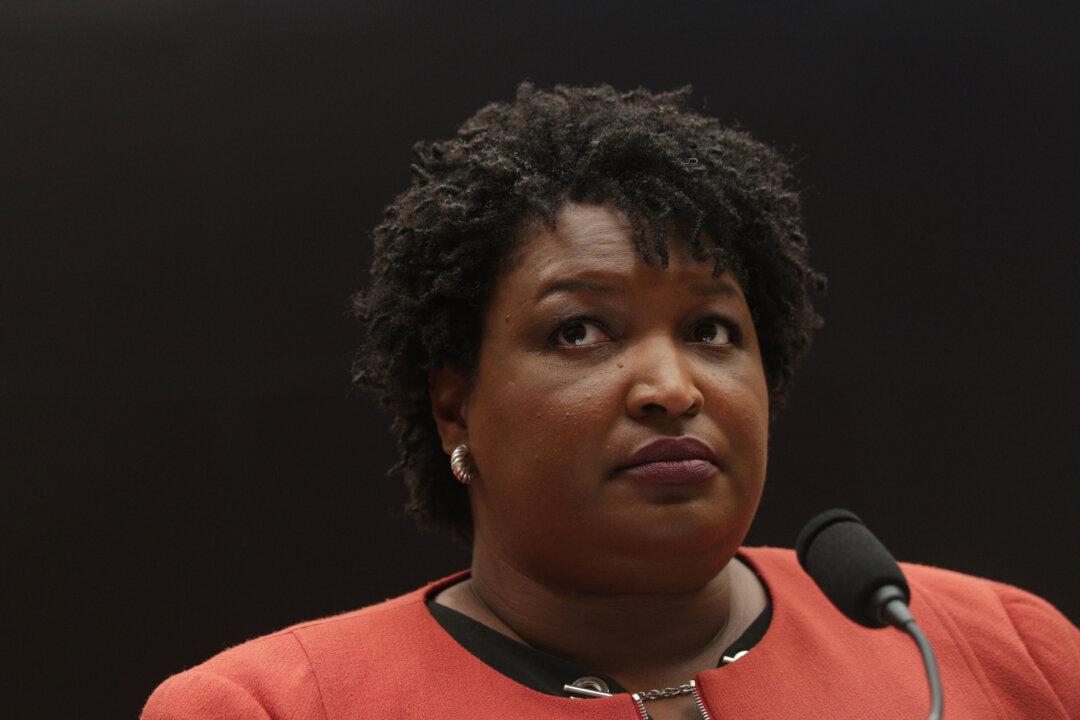Senate Judiciary Chairman Charles Grassley (R-Iowa) canceled a Nov. 29 hearing on judicial nominees, putting more than two dozen Trump-nominated judges on hold with just two weeks before Congress adjourns for the year.
Confirming federal judges has been a top priority of Senate Majority Leader Mitch McConnell (R-Ky.). But outgoing GOP Sen. Jeff Flake (R-Ariz.) appears to be making good on an earlier threat to block judicial nominations unless the Senate passes his legislation to protect special counsel Robert Mueller.




